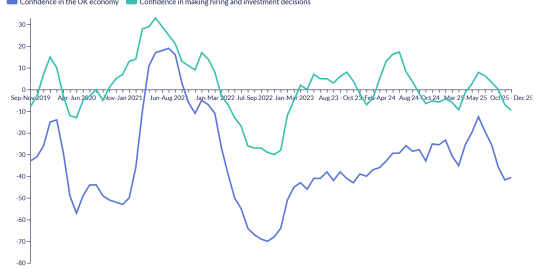W. Barry Nixon, SPHR
Hank Williamsí song line ëone man's famine, is another man's feastí has proven to be true with the economy in a down spin diploma mills and websites providing fake credentials for references to degrees are seeing rapid growth. It is estimated that there are as many as 3,000 such firms worldwide and more than 700 of them are in the US.
While diploma mills have been around for years a new development has been the emergence of firms providing fake experience certificates and references. This first came to light last year from a report issued by KPMG India. KPMG report revealed the existence of 150-250 such firms, often masquerading as information technology (IT) companies. KPMG Indiaís executive director Rohit Mahajan stated ìThere are some kind of set-ups that issue fraudulent experience certificates. We have identified almost 150 firms that are fictitious companies.î ìDuring our background verification process for clients over the past one year, we found 250 firms that fake experience letters, salary slips and relieving letters to candidates,î added Abhay Aggarwal, chief executive of Integrity Verification Services Pvt. Ltd.
Jason Morris, CEO, EmployeeScreeningIQ and Past President, NAPBS believes this is not a problem that is likely unique to India. He believes we see it there now because of the high concentration of BPO and Call Centers, but believes as other countries compete for this business we will see these fake experience providers show up there as well. Jason added, ìIt also is a business that desperation breeds because ëpeople have to workí so when there is a down turn or lack of opportunities people get creative in finding ways to get a job. When people are desperate they will take any means necessary to support themselves and their family.î Jason was prophetic with his comments because with the many of the economies of the world struggling and unemployment souring people are desperate for jobs and making desperate decisions.
He also sees this as a real risk to the professional background screening industry because it is very difficult to verify beyond a shadow of doubt that a company giving a reference is legitimate. To do that you would have to verify with Dept of State that the company is a legitimate business doing business in the state, has a business license, has employees, has been in business for ëXí number of years, etc. He said no background screening company can afford to conduct this level of vetting on every reference provider which opens the door for these illicit firms. Because any body can form a company on paper and then start giving out references.
Some of the websites we have discovered that focus on offering fake job references include alibihq.com, http://www.absolutealibis.com
/Fake%20Employment%20Verification.html and careerexcuse.com (careerhoax.com and careercheat.com point to this site). In addition, we discovered a site that writes ëfake resumesí as well - http://www.amazing-cover-letters.com/?hop=derekwj. We pulled the following testimonial from the site Now I'm working in my dream job... for which I had no experience at all... We also found this information on the site; ìWhat exactly is a fake resume? Basically, a fake resume is one in which a specific alteration of your employment history is made in order to deceive a human resources person or hiring authority in order to get hired.î They leave no doubt that the purpose and intent is to deceive.
As astounding as it is that these type services exist, the good news is that businesses can significantly counter the threat posed by these ëfake credentialingí organizations by conducting thorough background checks and educational verifications. Fortunately, the resources to do this are readily available (see www.PreemploymentDirectory.com to find a firm to help you).
If your firms handles educational verifications internally a good source to help is the Council for Higher Education Accreditation (CHEA) in Washington, D.C. which maintain lists of accredited colleges and universities. These list can be very useful when making sure that an applicant or subsequently an employee has earned a degree from a legitimate source. The process of checking can save a business thousands of dollars when reimbursing employees for tuition costs or from costly mistakes made by someone who has bogus credentials.
A critical step that all businesses need to take is to establish a written policy clearly specifying that only accredited schools qualify for hiring or tuition reimbursement. ìEmployers need to say upfront and in writing that if the job requires a college degree that the degree must be from an accredited institution.î1
The Fake Credentials Industry is Feasting During Down Economy

W. Barry Nixon, SPHR




